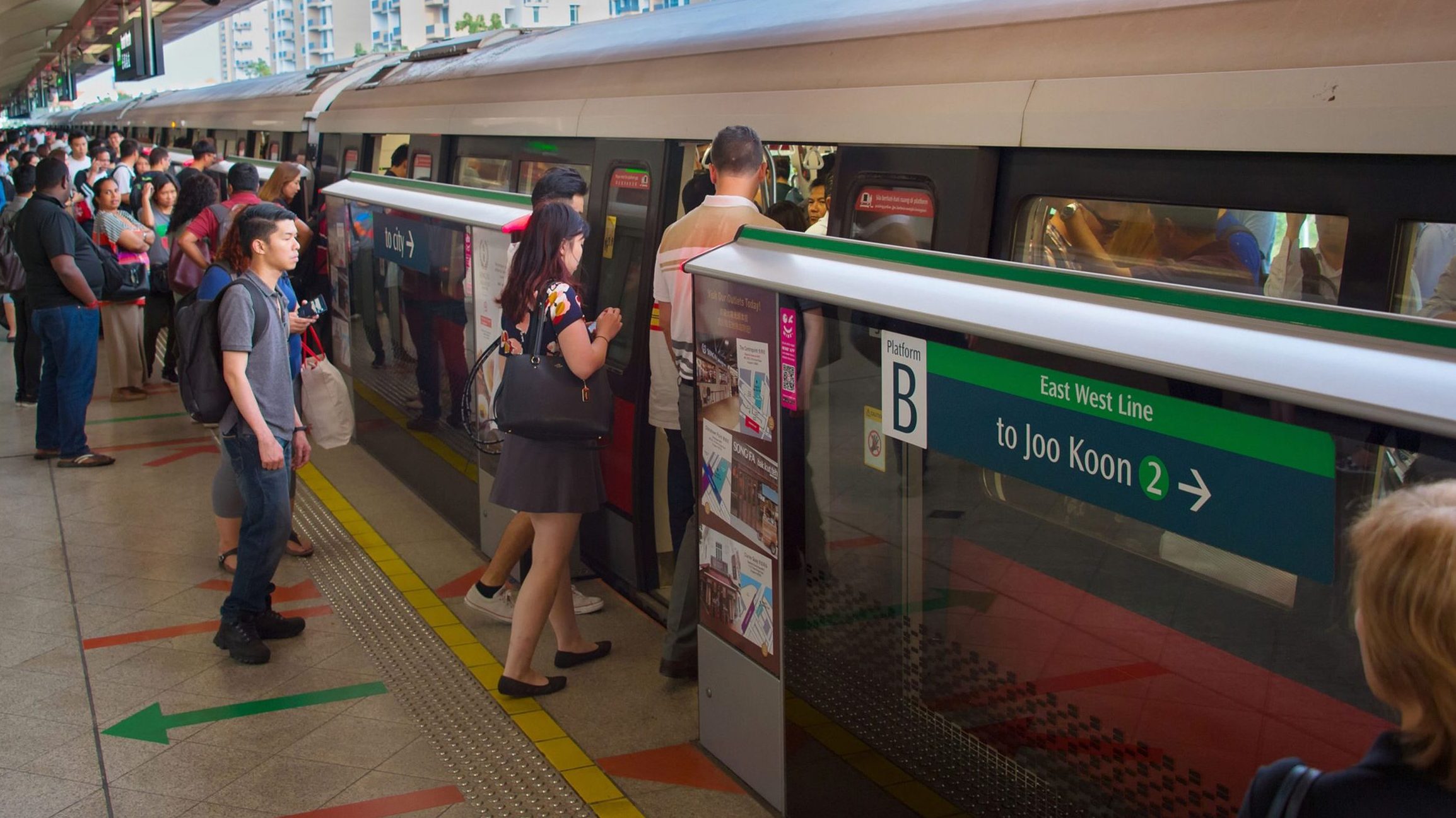SINGAPORE: From Jan 14 to Oct 31, households with a monthly income per person of up to S$1,800 who did not receive (PTVs) in 2024 can now apply for S$60 vouchers.
According to The Star, this initiative aims to ease the impact of the recent public transport fare hike. Applications can be made online or at local community clubs.
The Ministry of Transport and the People’s Association announced on Jan 13 that households requiring additional assistance—including those who did not qualify based on the income criterion—can submit an appeal for further support, either online or in person at community clubs.
Households that received a PTV notification letter can redeem their vouchers using the SimplyGo app, at any SimplyGo kiosk, or at various other SimplyGo service points.
Residents with questions can also approach their community clubs for guidance.
Each eligible household will receive one PTV, which can be used to top up fare cards or purchase monthly passes. These vouchers are valid until March 31, 2026.
This follows the first phase of the distribution process completed in December 2024, which saw approximately 270,000 households receiving physical or digital notification letters for vouchers under the 2023 program.
These vouchers were provided to those whose household income met the previous eligibility criteria.
This round offers a higher voucher amount of S$60, compared to the S$50 vouchers distributed last year to households with a monthly income of up to S$1,600 per person.
The updated criteria are expected to benefit an additional 60,000 households.
The voucher distribution comes at a time when public transport fares have risen. Since Dec 28, 2024, adult passengers have faced a 10-cent increase per train or bus ride as part of a 6% fare hike.
Concessionary fare holders, including seniors, students, people with disabilities, and low-wage workers, now pay 4 cents more per journey.
The new PTV initiative seeks to provide much-needed financial relief to households facing the dual challenge of rising transport costs and the ongoing economic climate.

